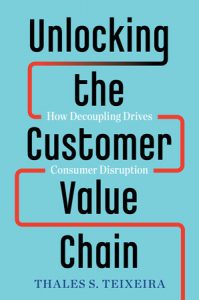
Should a B2B Firm Have a Customer on the Board of Directors? (Bommaraju et al.)
One way to gain insight into their customers’ needs is to invite customers to have a seat on the board of directors. Based on a sample of 329 B2B firms in S&P 900 firms over nine-year period (2007-2015), Bommaraju et al. (2019) concluded that having a customer on the board of directors enhances customer orientation of firms and provides unique insights, especially when demand uncertainty is high.











